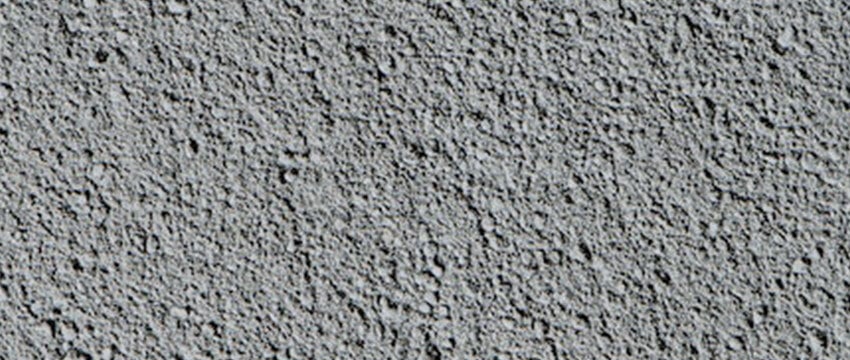
Admixtures are chemical compounds added to the concrete mix to enhance its strength or other properties, depending on the specific requirements of the project.
In this way, better performance is ensured in terms of workability, adhesion, and durability of the concrete—factors that are crucial to the overall quality of the product.
In this article, we invite you to explore more specifically the function of admixtures, the different types that exist, and why automating production improves the efficiency and quality of the process—beyond simply increasing the hardness of the concrete.
In addition to reducing the total cost of a construction project, adding admixtures to the concrete mix provides various benefits to the material’s performance, depending on the type of admixture selected.
This helps maintain quality as the material passes through the concrete mixer, during transportation to the site, and throughout the pouring and curing processes—even under adverse weather conditions.
Additionally, when the concrete mix is enhanced with these products, it becomes easier to handle emergencies during any of these stages.
Admixtures are mainly classified into the following categories:
In the market, you can find admixtures for the following purposes:
As we know, concrete is one of the most widely used materials in construction. However, its preparation must meet specific quality standards and requirements depending on the project.
This highlights the importance of selecting the right admixture and concrete mix, as well as automating the manufacturing process.
Automation ensures several key conditions for optimal product performance, including:
With Arkik Ready-Mix Suite, you can digitize customer interactions using machine learning tools that coordinate lab management, automate plant operations, product transportation, order handling, and customer service.
The use of cement admixtures can significantly enhance the properties, strength, and overall performance of concrete. Additionally, automation with a suite like Arkik’s can optimize production, ensuring both efficiency and quality in concrete manufacturing.